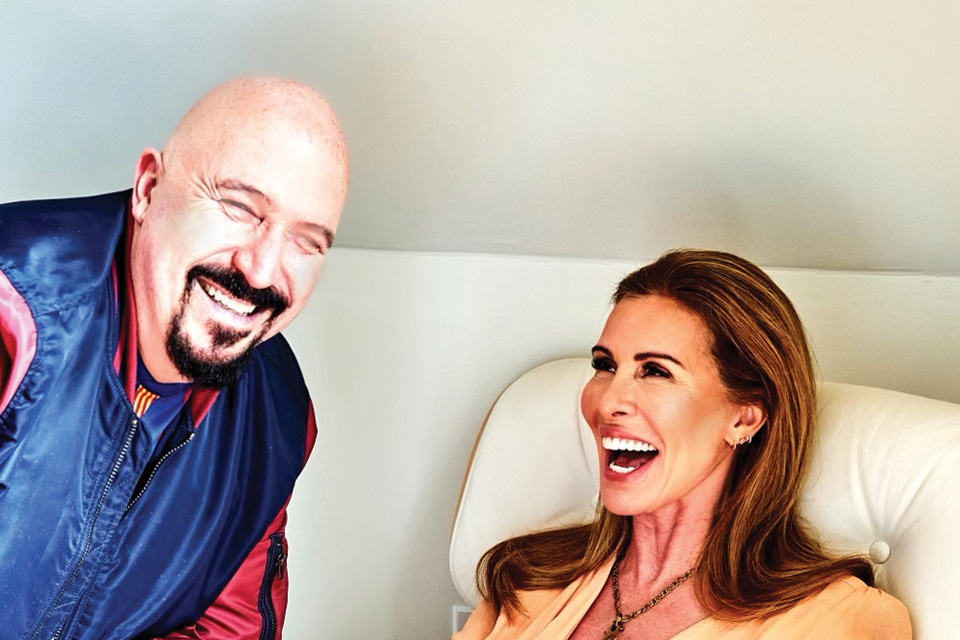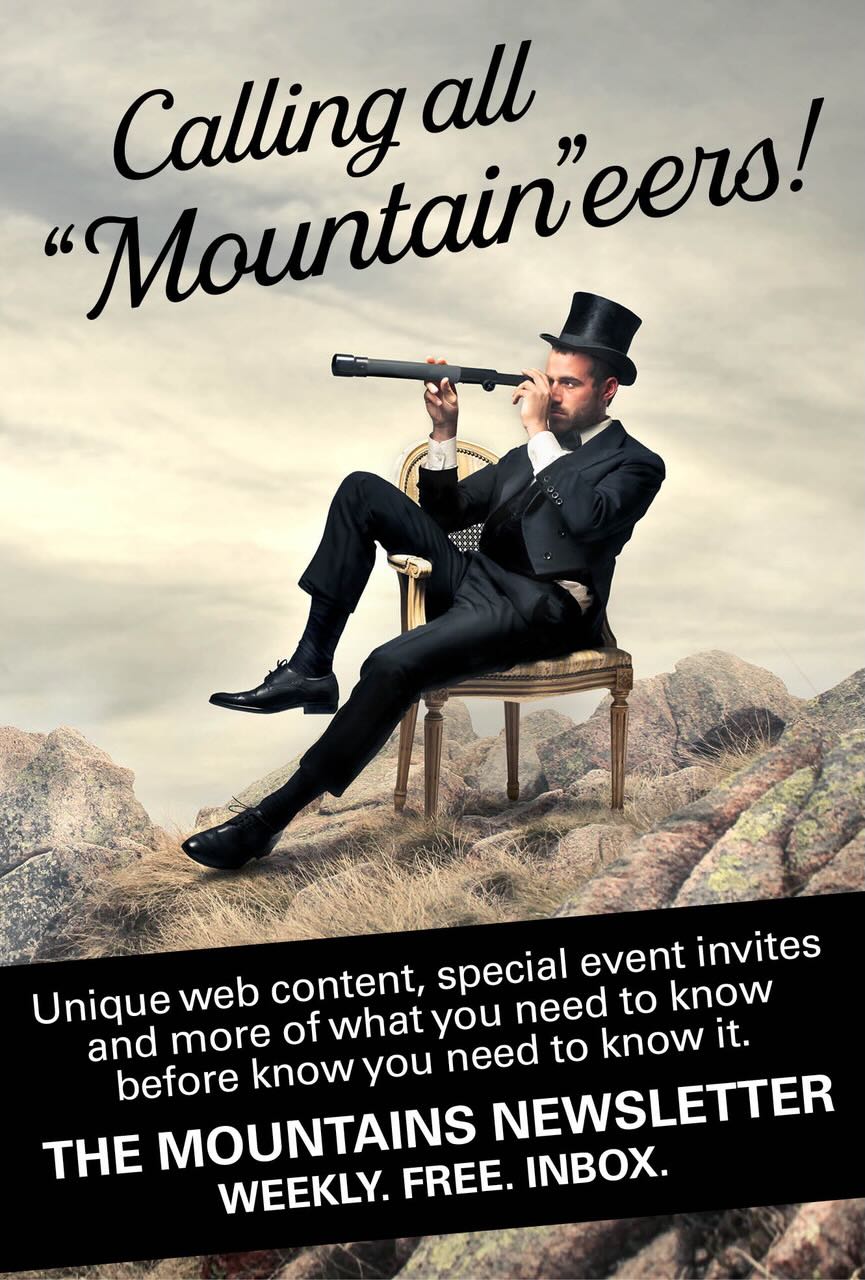The Editor in Chief digs deep on humanity’s most coveted (and painful) emotion. With a little help from Carole Radziwill.
By Richard Pérez-Feria
When I was a kid, my parents promised us a puppy and a puppy we got. Hippie was a beautiful Collie, son to a former national champion and a true doppelgänger for Lassie, the most famous canine in the country. As a baby, Hippie was all legs and long nose, with a super skinny frame: think Olive Oyl (Popeye’s girlfriend) with gorgeous blond fur all over. I’d cradle him for hours and endlessly brush his majestic coat. Man, I loved that dog.
A couple of years later, Hippie developed a heart condition and one day he simply didn’t return from the vet. Just like that, he was gone. I remember walking across the street of our Miami home to the park and crying alone as I sat on the swings while the sun disappeared behind the trees. I was gutted. That was my first experience with the nearly intolerable pain love can cause. And I knew then that I’d never feel that again.
Love, with all its myriad iterations, has been analyzed, dissected, broken down, studied ad nauseum. But…why do we—all of us—love love so much even when it comes with (almost) certain pain? And if love is passion, does love fade when the passion invariably quiets? These are some of life’s biggest questions for a reason.
During my fascinating conversation with journalist, author and television personality Carole Radziwill—a formidable woman who’s endured more suffering on the back side of love than imaginable—it transported me back to a place in my own life where I, again, felt the sting of loss due to love. But this time I embraced it, for those are but hazy memories from halcyon days of yore.
Radziwill, a Catskills native, hit the bullseye with her decidedly adult take on romantic love: “I’m old enough to understand that life is long,” she told me. “We all go through phases and meet people who give us something we need in our lives at that precise moment. It might not last—sometimes it lasts twenty years; sometimes five; sometimes it lasts a weekend. And all of it is OK. It just is.”
As I get older, my own Venn diagram of love and pain is expanding. To live a happy, long life is to experience so much love and so much pain when that love goes away. I’ve loved deeply many times in my life: parents (of course), siblings, romantic partners, friends, pets and, yet, as I write this today, my desire to love and be loved is stronger than ever, never waning, never fading and that need perpetually demands to be fed. I wouldn’t have it any other way.
When you read this gorgeous edition of The Mountains, “The Love Issue,” I hope you’ll take a moment and reflect on your experiences with humankind’s most powerful and intoxicating emotion. A condition beautifully explored in these pages by our second-to-none writers Kevin Sessums, Martha Frankel, Anthony Giglio and more. In my own story on Radziwill, you’ll feel the specter of love looming over everything we discuss while inadvertently answering that most relevant of queries: What’s love got to do with it? Everything; love has everything to do with it. As it should.












Comments are closed.